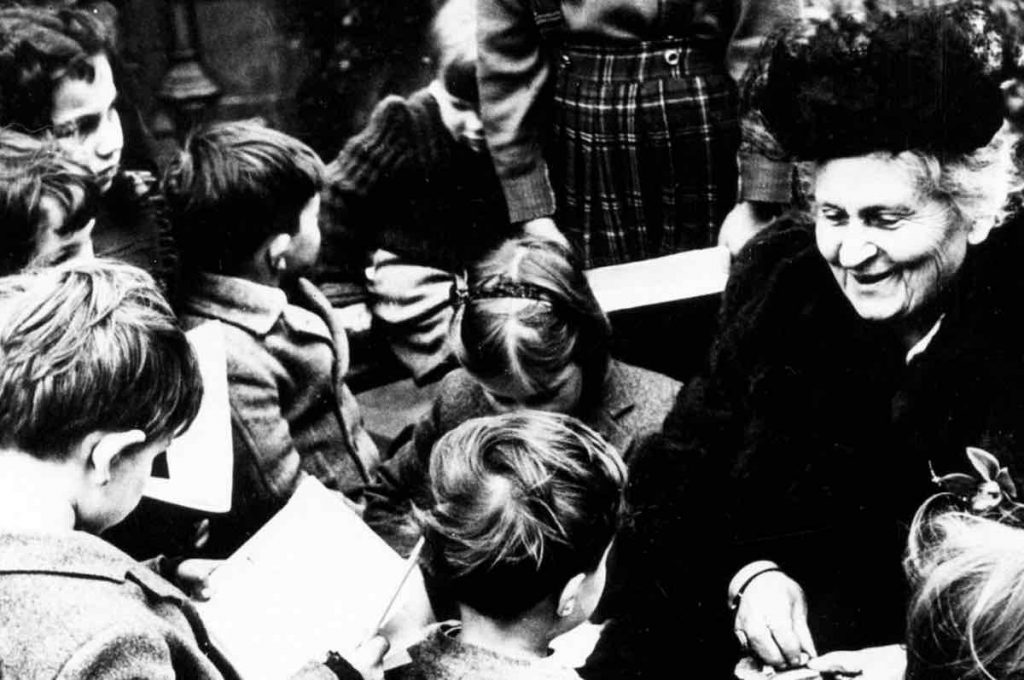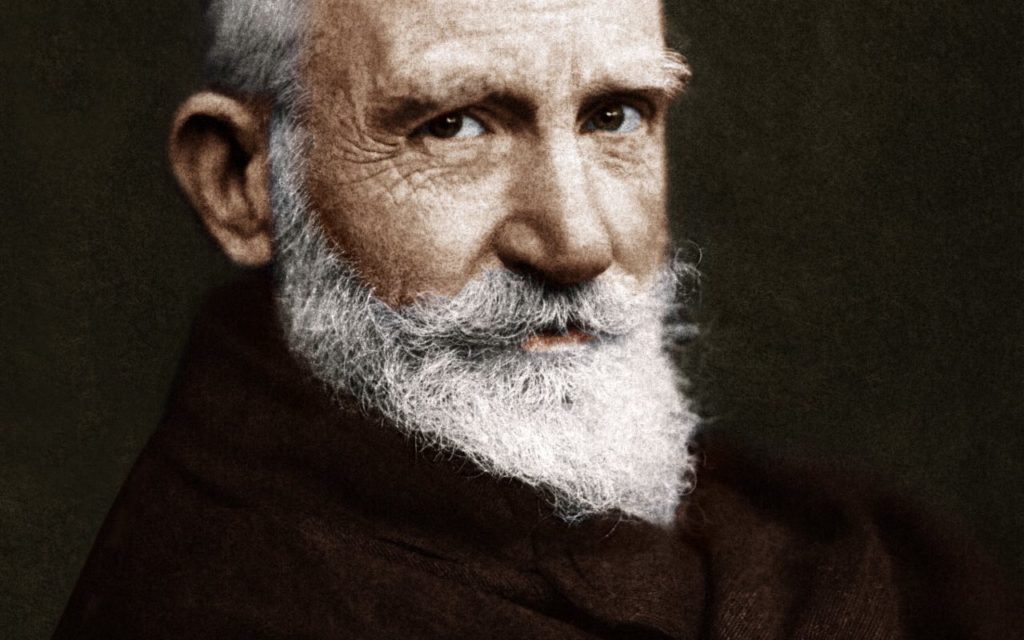Changing the world starts with changing ourselves. And if we are already grown up, there is a way to give more chance for the future by making sure that our children are brought up in a more harmonious and balanced way. Here the rules of upbringing formulated by Maria Montessori more than 120 years ago.
These rules are short, clear and at the same time filled with deep wisdom. Read them often, so you will be able to give the best of yourself to your children (and not only to them)
Here are the rules themselves Maria Montessori:
- Children learn from what surrounds them.
- If the child is often criticized, he learns to judge others
- If you praise your child often, he learns to value himself and others.
- If hostility is shown in front of the child, he learns to fight.
- If you are honest with your child, he learns honesty and fairness.
- If they often make fun of the child - he will grow up shy and withdrawn.
- If a child lives with a sense of security and safety, he learns to have faith in others.
Do not miss the moments with your children, they will not be repeated
Work will wait until you show your child the rainbow, but the rainbow won't wait for you to do your work - P - If a child is humiliated, he learns to feel guilty.
- If the child meets approval, he learns to value himself.
- If you are lenient with the child, he learns patience.
- If you encourage the child, he gains confidence
- If a child lives in an atmosphere of friendship and feels needed, he learns how to discover love.
- Do not speak ill of the child even in his absence.
- Focus on developing the good in the child and eventually there will be no room for the bad.
- Always listen carefully to what your children say and ask you and always answer them.
- Respect the child, even when he makes mistakes, mistakes are correctable - it doesn't matter whether they will be corrected immediately or later.
- Be ready to help the child who is looking for something and be invisible to the child who has found everything.
- Help the child absorb knowledge. Do this by filling your surroundings with care, restraint, silence and love.
- In the upbringing of the child, always adhere to good manners, offer the child the best you are capable of at any given moment.
Read also: 11 things every father should teach his son
A brief description of the method of Maria Montessori:
Maria Montessori thinks the child is going through two embryonic periods: the first when his physical body is born and the second when his psyche is formed. During this process the child acquires human abilities, intelligence and language habits and should not be hindered. His only aspiration is to develop. Montessori discovered a mechanism with the help of which the child forms itself, and she called this mechanism the "absorbing mind".
The child unconsciously chooses from his environment what helps him to develop.
Thus, among the multitude of sounds from its environment, it unmistakably selects and assimilates human speech, and even the native language of its parents. These are exactly the sounds that the child perceives and reproduces with his first words and then in his speech. The same happens with other impressions that the child receives. It absorbs them with all its consciousness, and on the one hand, these impressions form the child, and on the other, they create the vast field of free will that defines human individuality.
The important lessons we need to teach our children
The absorbing mind is a feature of the child's cognitive process,
allowing him to learn through any activity without the need for him to consciously exert himself. Maria Montessori compares the child's mind to a sponge: immersed in water, it inevitably soaks it up without making an effort.
The discovery of the absorbing mind in the child enables the Montessori to revolutionize the system of upbringing and education. It becomes clear why the first period of human development is so important. Montessori says that the task of her pedagogy is to provide "help in the child's life, in his mental development, instead of listing facts, thoughts and words that he has to memorize". An environment must be created in which the child, possessing enormous creative energy, can develop according to the laws laid down by nature. "This is a new way, a new direction in training: to help the mind in its various processes of development, to maintain its strength and to strengthen its innumerable possibilities."
The crystal children - the sages in children's bodies
During the first six years of life
the human consciousness is formed with the help of the senses - sight, hearing, smell and touch, tactility, etc. Montessori determines the most favorable stages in the child's life for the development of the various senses. She calls these periods sensitive. Sensitive periods are periods of increased interest of the child in a certain activity. Then it is very easy to absorb new information and form habits. The child only looks for what satisfies his needs in his environment. One never succeeds in mastering any knowledge so easily as during the corresponding sensitive period.
IN Montessori pedagogy has developed didactic tools
for each sensitive period, which support the maximum development of the corresponding sense, the so-called developing environment. The main task of the educator is to carefully observe each child and determine in which sensitive period he is at the given moment, in order to offer him the appropriate tool for work.
In a properly arranged classroom, the child can reach every single resource.
There is no object that it cannot reach or touch. All the furniture is lower than the height of the children and the educators work "on their knees" to be at the same level as the children. All tools are single so that only one child can work with each one. In case another child is also interested in the same aid, he must wait or ask for permission to work together with the other child. After the child has finished working with the tool, he must return it to its place and only then can it be taken by the next child. In this way, patience, respect for other people's opinions and diligence are brought up in children.
10 Life Lessons You Can Learn From Kids
Look more: The important lessons we need to teach our children






Comments are closed.